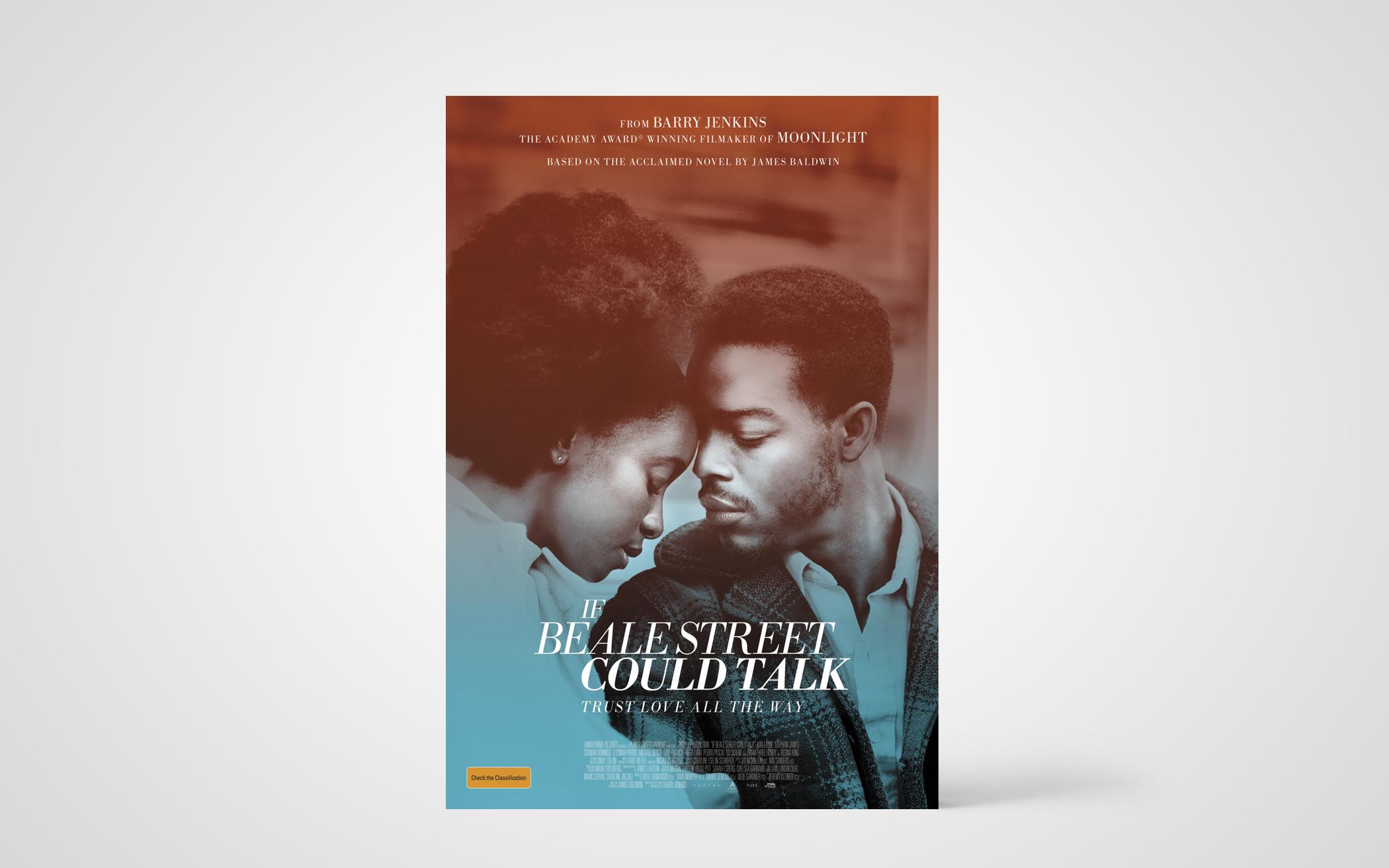What would your street say if it could talk? Beale Street talks to us about music and family and love and resilience. But it also tells us about poverty, violence, and injustice. If Beale Street Could Talk invites us to hear the voices of the music, cafes, slow nights, and mostly of the racism experienced by black Americans during the 70s. Beale Street is both specific to Memphis, Tenn., and universal.
The movie is framed around a slow and gentle love story between childhood friends Fonny (Stephen James) and Tish (Kiki Layne). At the outset, Fonny has been jailed for a crime he has not committed. Tish discovers that they are expecting a child. Even under the weight of everything going on around them and to them, their love does not waver.
Best-supporting actress for both the Academy Awards and the Golden Globes went to the well-deserving Regina King, who starred in the role of Tish’s mother, Sharon Rivers. In her role, King portrays her deep love for both her daughter and grandchild and goes to great lengths to prove the innocence of her son-in-law.
Black and white photos of the era, lazy blues tunes, and a patient camera that pieces the story together give this film the feel of a slow, sad dance. Directed and written by Barry Jenkins (Moonlight), the film is based on James Baldwin’s novel by the same title. Language, violence, and intimate love scenes are all appropriate for the movie. Recommended for mature teens and older audience. A must-see movie that begs the question “If Beale Street could talk, would its story be any different today?” (Annapurna Pictures)
About the Author
Jenny deGroot is a freelance media review and news writer for The Banner. She lives on Swallowfield Farm near Fort Langley B.C. with her husband, Dennis. Before retirement she worked as a teacher librarian and assistant principal.

